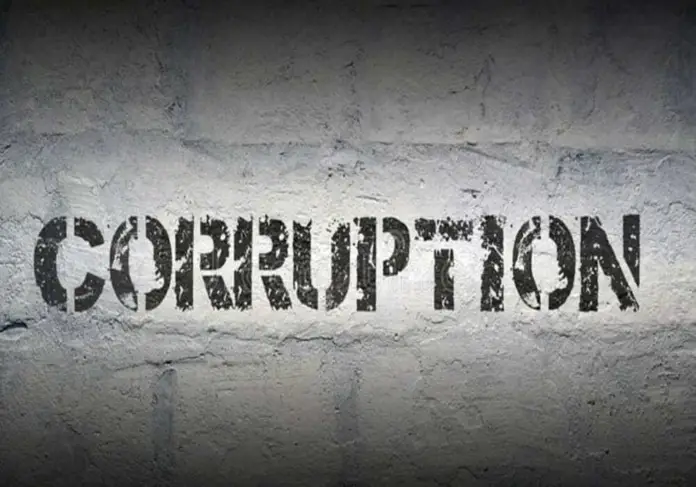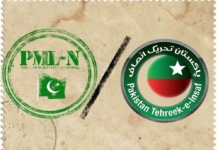Corruption is cited as a serious barrier to doing business by 32% of Pakistani businesses. Both the global average of 29 percent and the average for South Asia are greater than this.
According to Gallup Pakistan in its study “Corruption – World Bank Enterprise Survey 2022,” market constraints like corruption, which are more prevalent in Pakistan than in other parts of the world, can limit chances for new entrants and drive up operational costs.
After falling to 16 percent in 2022 from 31 percent in 2013 and 60 percent in 2007, the percentage of Pakistani businesses that have received at least one request for bribe payments has considerably decreased during the past few years.
A significant decrease from 68 percent in 2013 and 59 percent in 2007, roughly 32% of Pakistani businesses in 2022 regarded corruption as a key impediment. This can be the result of politicians appropriating enterprises or other growing global commercial restraints.
This can indicate a shift in the attitudes and actions of those who offer and accept bribes. In Pakistan, 16 percent of businesses report receiving at least one bribe request, which is less than the South Asian and global averages of 21 and 16 percent, respectively. These modifications may take place if the nature of the conduits for payments or gifts has changed, or if governments are stricter in their oversight of commercial activity.
The court system was cited as a significant business barrier by 11% of the companies that were polled. According to estimates, courts are a major business restriction for 15% of businesses worldwide and 14% of businesses in South Asia.
In Pakistan, 22% of businesses claim to have given presents to officials to “get things done”. This is less than both the global average of 19% and the average for South Asia of 24%.
Despite variations, corruption is frequently found in Pakistan’s many businesses as a technique to obtain water and electrical connections (57 percent and 81 percent, respectively), as well as import and export licences (20 percent). This is especially accurate for the manufacturing sector.
The study claims that businesses in the informal sector may not encounter these difficulties to the same extent as those in other industries, which makes them less likely to interact with government representatives and less likely to expand in ways that necessitate significant government assistance.







